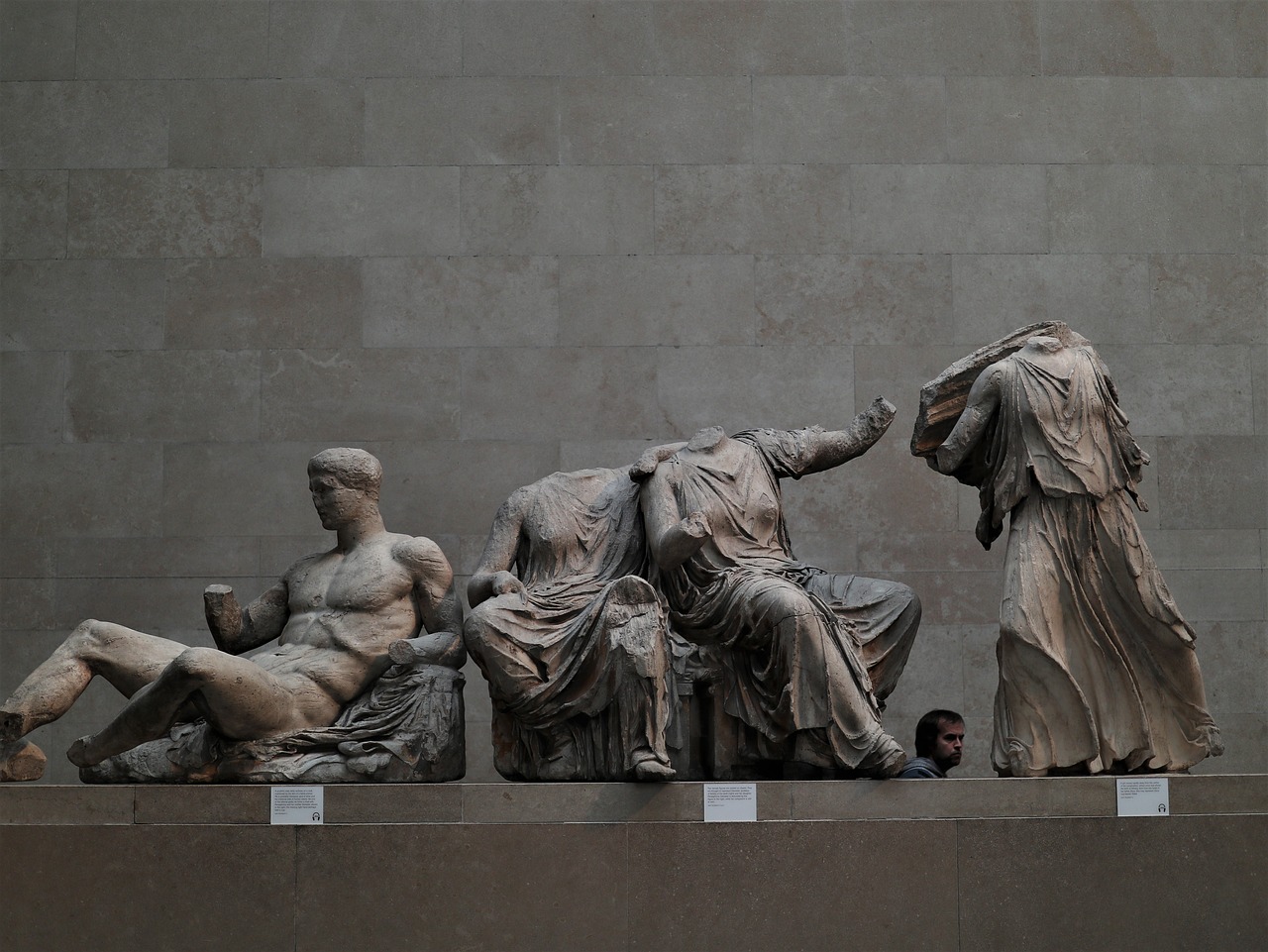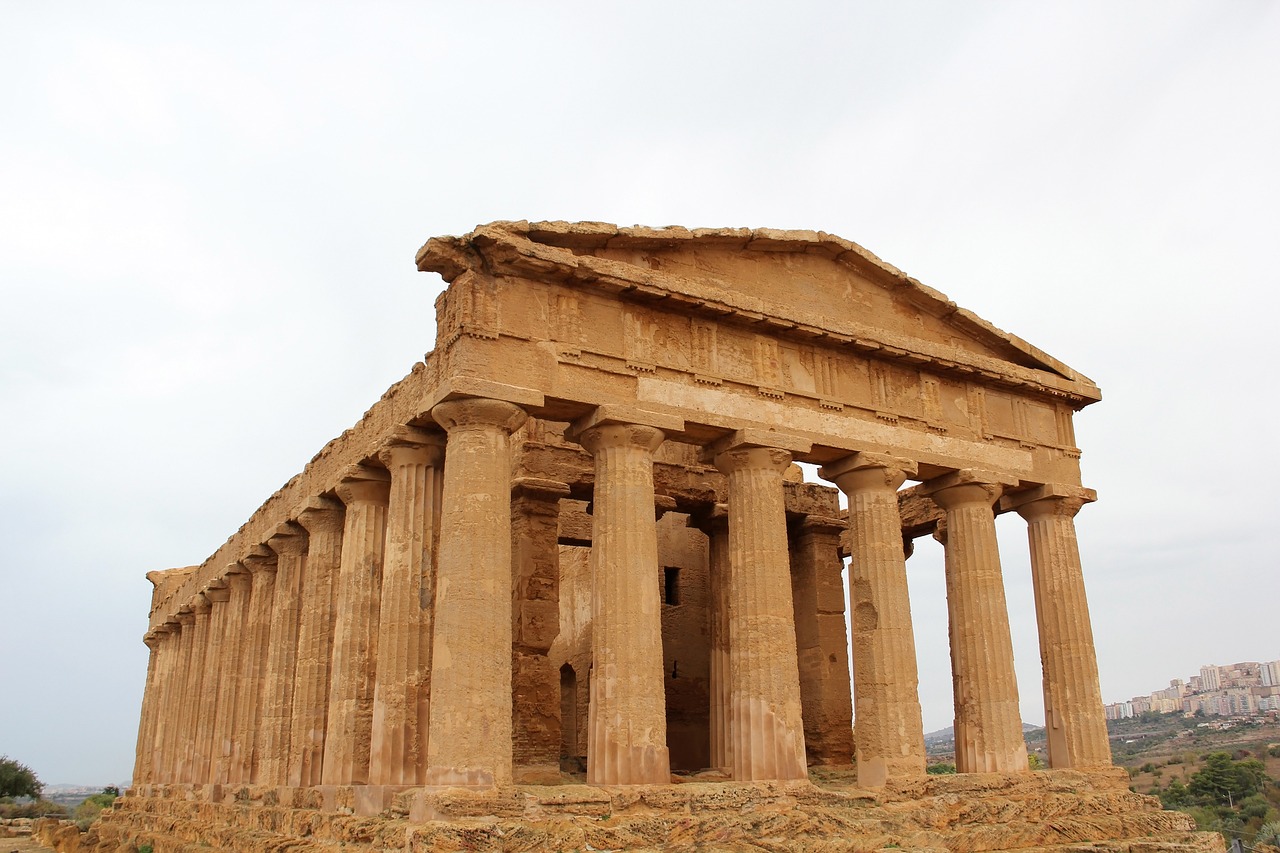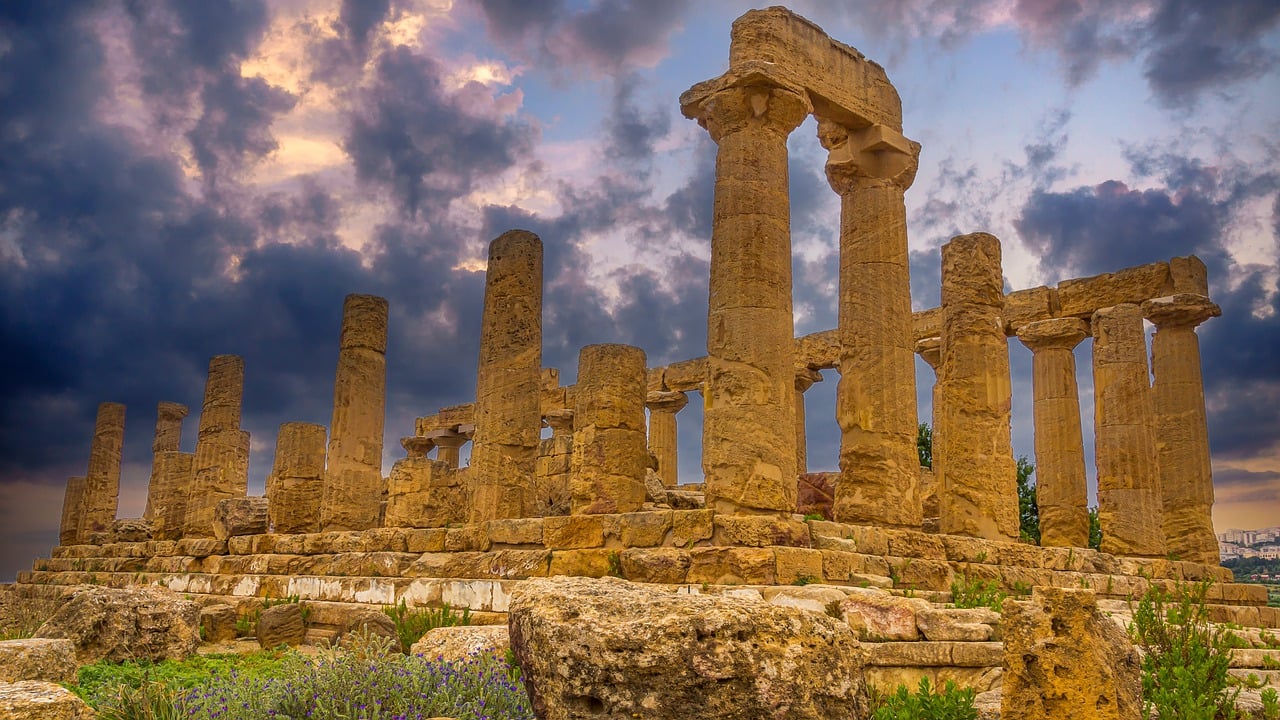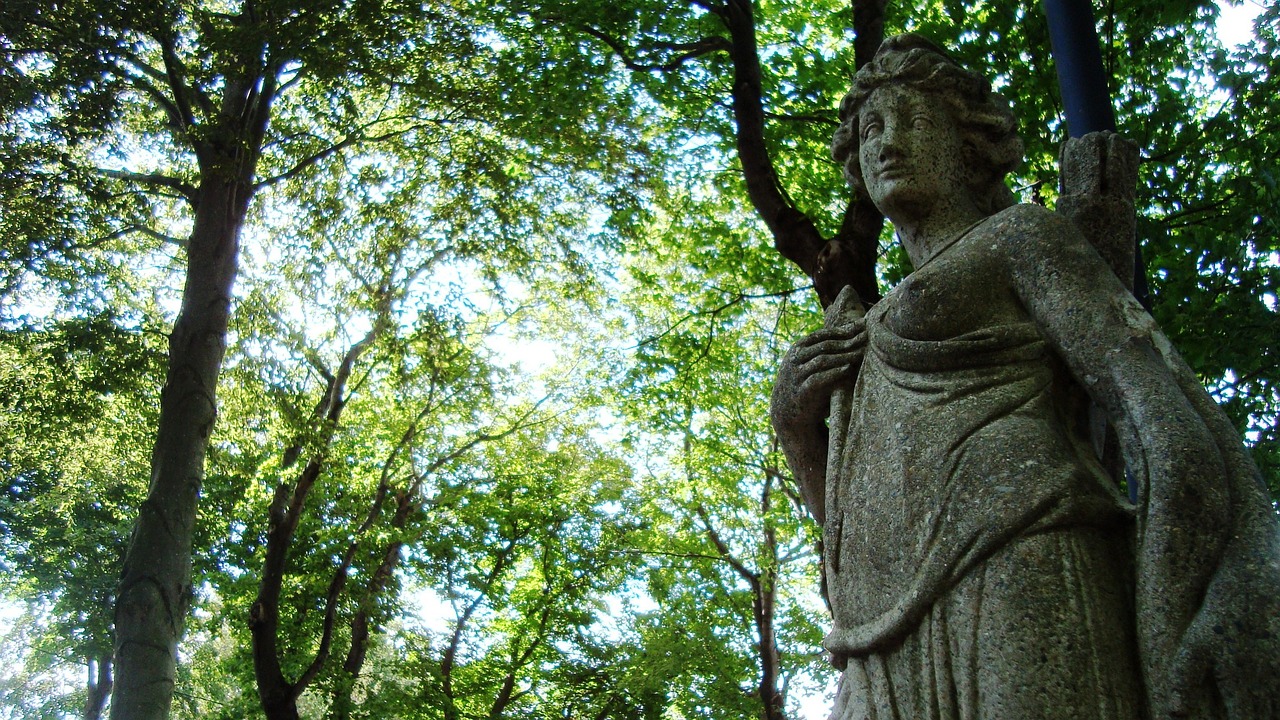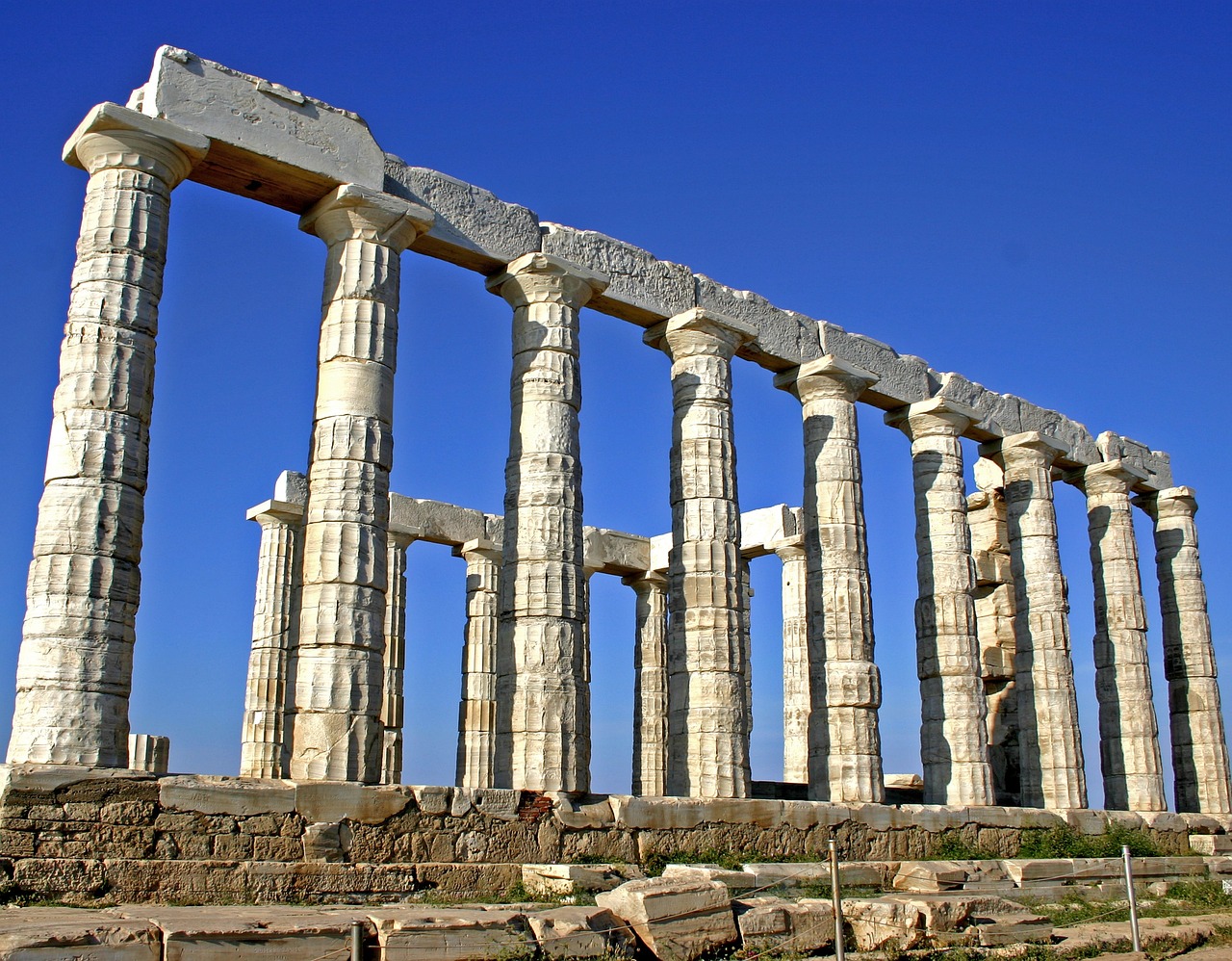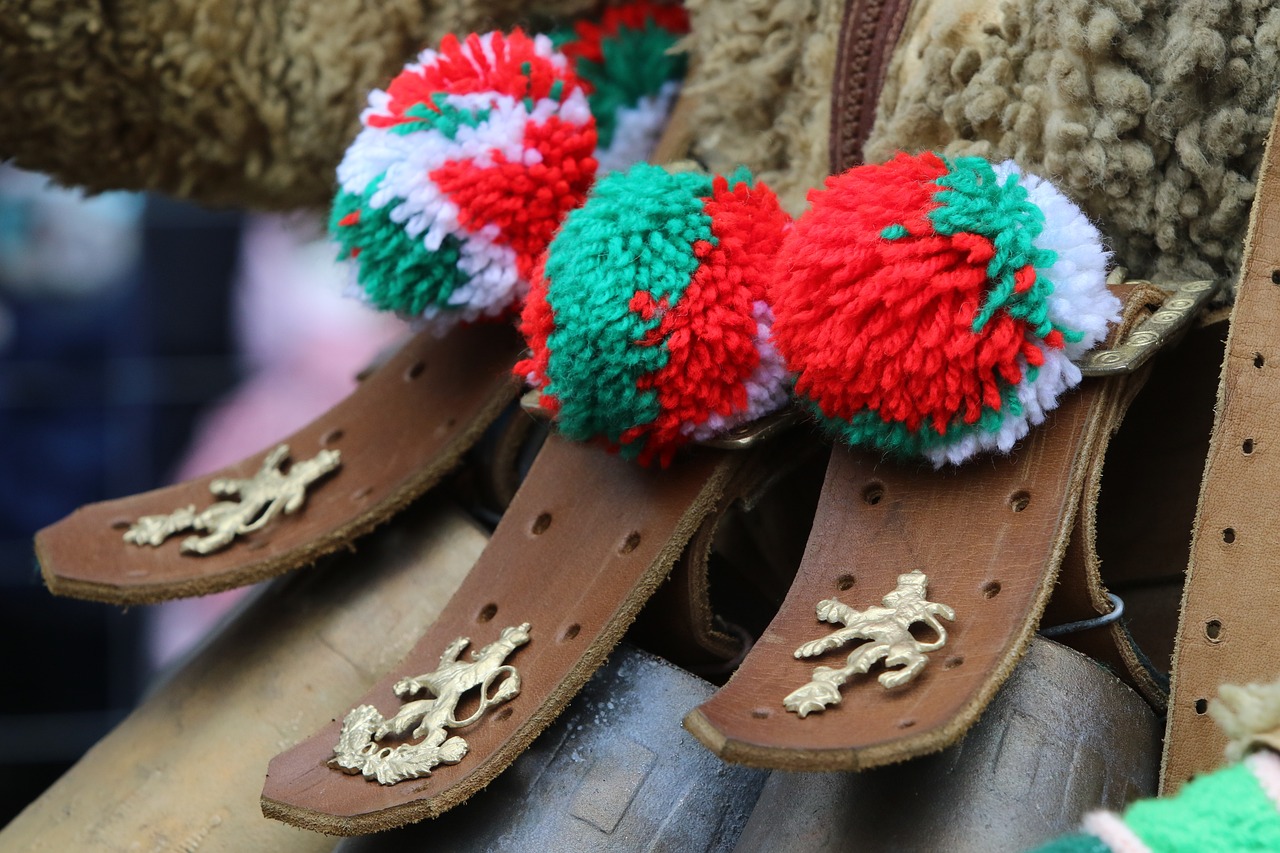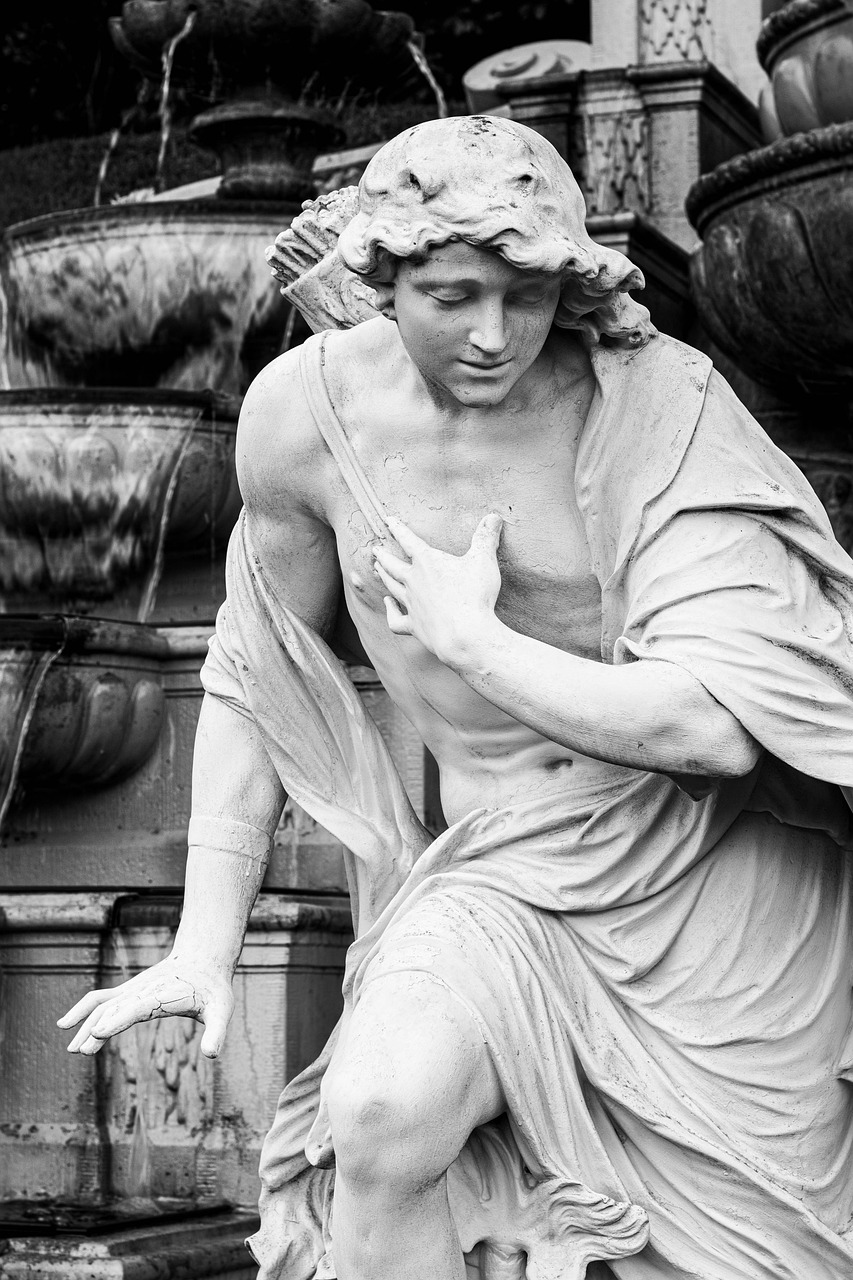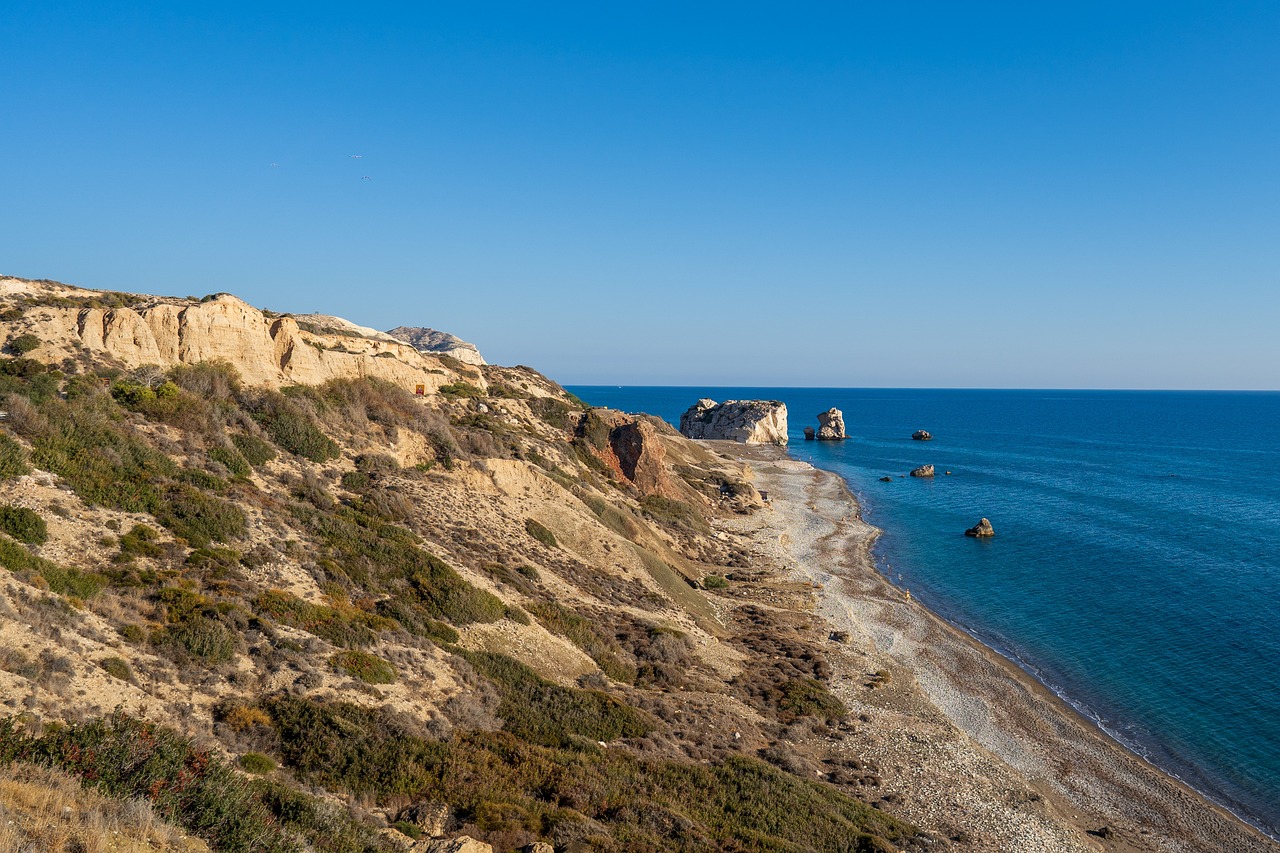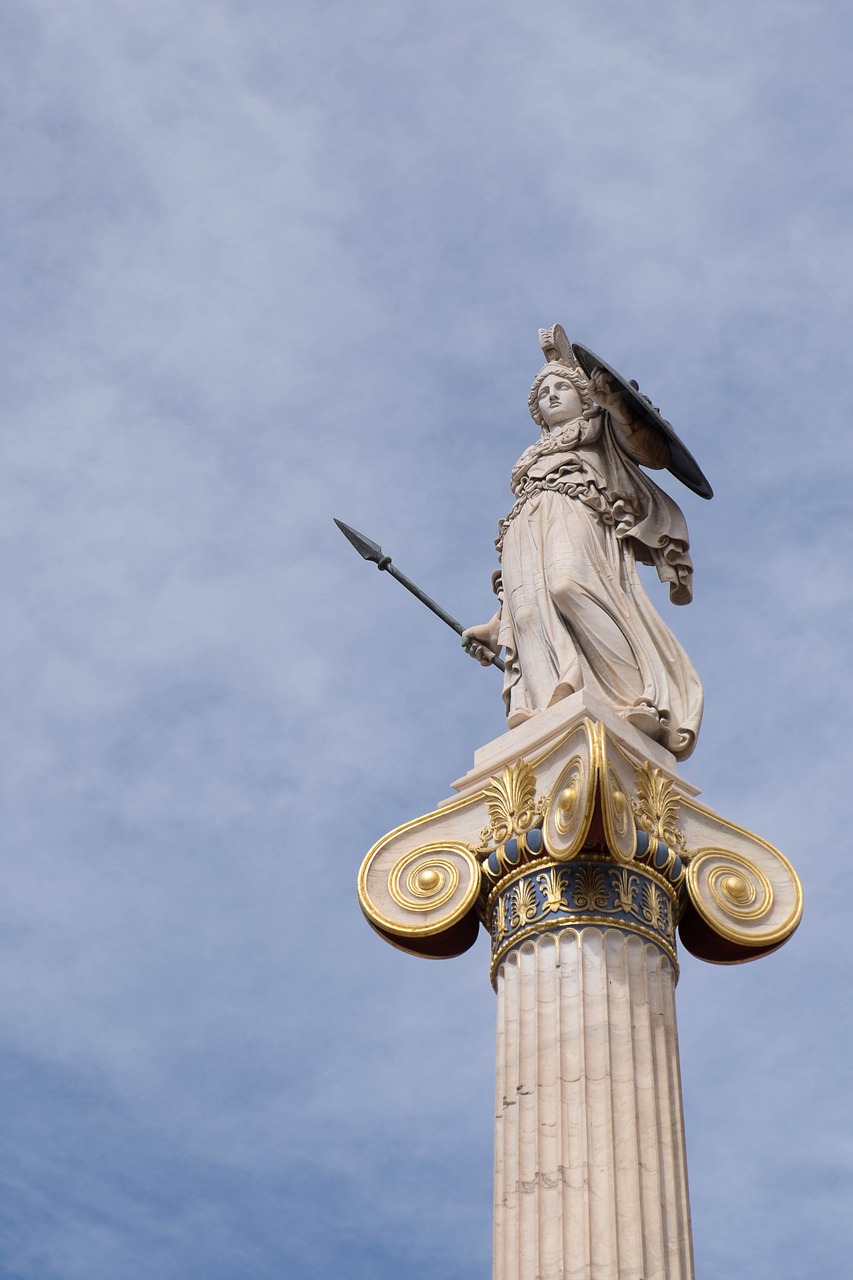Tag: Greek mythology
-
DIONYSUS: The God of Wine and Festivity Dionysus, also known as Bacchus, is revered as the Olympian deity of wine, vegetation, joy, revelry, and ecstasy. His portrayals vary, with depictions ranging from an elderly bearded figure to a youthful, effeminate beauty adorned with flowing hair. His most significant symbols include the thyrsos, a staff topped…
-
Heracles, a celebrated figure from Greco-Roman mythology, is best known as the son of Zeus and Alcmene, who was a descendant of Perseus. Zeus had vowed that the next child born from the Perseid lineage would rule Greece. However, due to the jealous machinations of Hera, another child named Eurystheus was born first, seizing the…
-
Hera, known as Juno in Roman mythology, stands as the esteemed queen of the Greek gods and the devoted wife of Zeus. Embodying the quintessential attributes of womanhood, she served as the goddess of marriage, family, and guardian of women during childbirth. Despite her unwavering loyalty to Zeus, Hera is often portrayed as possessive and…
-
Greek mythology encompasses the collection of narratives involving deities, heroes, and ancient Greeks’ rituals, reflecting their worldview and beliefs. Though many of these myths contained elements of fiction, distinguished philosophers like Plato critiqued them in the 5th–4th centuries BCE, revealing a tension between popular belief and critical examination. Despite this, the tales were widely regarded…
-
Poseidon: The Olympian God of the Sea Poseidon, a prominent figure among the Olympian gods, was revered as the god of the sea, earthquakes, floods, droughts, and horses. He is typically depicted as a robust, mature man, sporting a dark beard and wielding a trident, a three-pronged spear used by fishermen. Myths Surrounding Poseidon Poseidon’s…
-
Dionysus: The God of Wine and Ecstasy Dionysus, also known as Bacchus or Liber, stands as the Olympian deity embodying wine, vegetation, joy, revelry, madness, and unrestrained ecstasy. In classical arts, he is typically illustrated either as an older bearded figure or as a youthful, almost androgynous young man. His defining symbols encompass the thyrsos—…
-
Nike: The Winged Goddess of Victory Nike, or Nicé in some texts, embodies the concept of victory—both in combat and during competitions of a peaceful nature. During the tumultuous era of the Titan War, she became an essential ally for Zeus after Styx presented her alongside her siblings: Zelos (Rivalry), Kratos (Strength), and Bia (Force).…
-
Hera, known as Juno in Roman mythology, stands as the wife of Zeus and commands her stature as the queen among the pantheon of ancient Greek deities. She embodies the ideal of womanhood, acting as the goddess of marriage, family, and a guardian for women during childbirth. Although fiercely loyal to Zeus, Hera is infamous…
-
Aphrodite, the revered goddess of love and beauty, is indeed one of the most recognized figures from Greco-Roman mythology. Her significance in ancient Greek culture was monumental, and she continues to be a symbol of love and beauty in contemporary times. Even though she no longer serves as a focal point in global education, her…
-
Demeter is a significant figure in Greek mythology, recognized as the goddess of agriculture and daughter of the titans Cronus and Rhea, while also being the sister and consort of Zeus, the sovereign of the gods. Her very name alludes to her maternal role. Though Homer makes infrequent references to her, and she is not…

